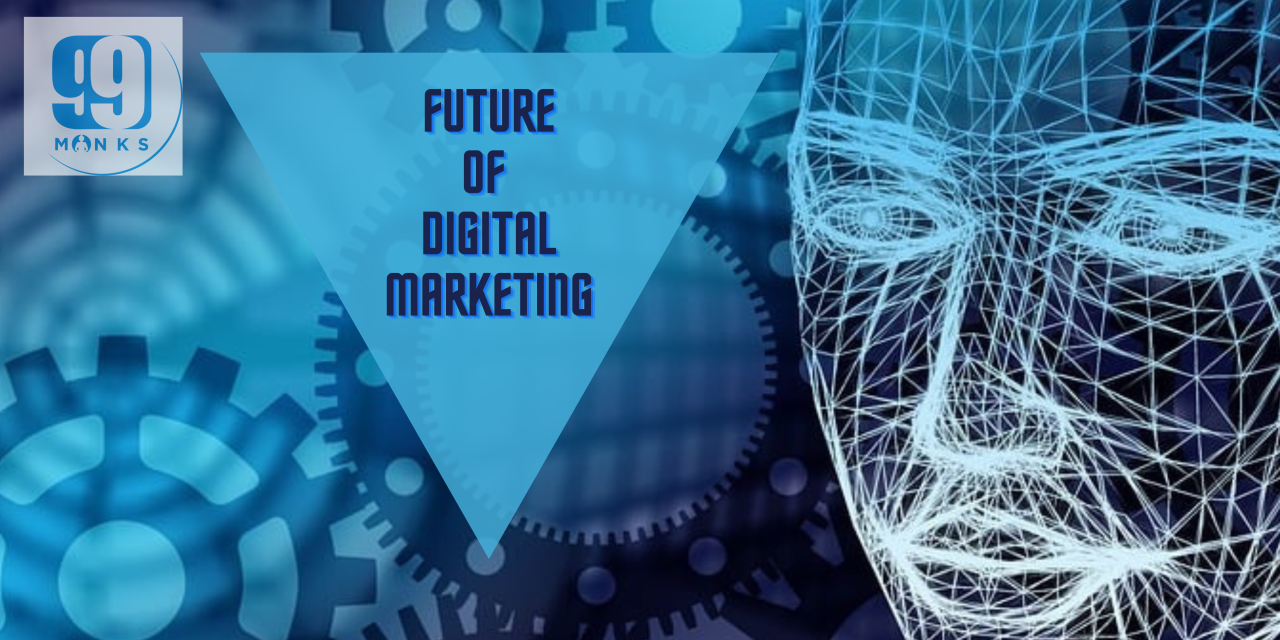
The Future of Digital Marketing: Embracing the Ever-Evolving Landscape
Ravinesh Sinha
MBA | 10+ Years Expertise | Managed over ?1 Cr+ Monthly Budgets | PPC, SEO, Social Media Specialist | Media Planning | Email, WhatsApp Marketing | Sales Funnel I Growth Hacking
Introduction :
Digital marketing has come a long way, and its trajectory continues to excite and challenge marketers around the globe. As technology advances and consumer behavior evolves, the future of digital marketing holds immense possibilities. In this blog post, we will delve into the exciting landscape of digital marketing and explore emerging trends and strategies that will shape the industry in the coming years. From artificial intelligence to immersive experiences, we will uncover the transformative power of these developments and offer insights into how marketers can stay ahead of the curve.
1. The Rise of Artificial Intelligence :
Artificial Intelligence (AI) is already making waves in the digital marketing realm, and its influence will only intensify in the future. AI-powered tools and algorithms can analyze vast amounts of data to deliver precise customer insights, personalize experiences, and optimize marketing campaigns. With the help of AI, marketers can streamline their processes, automate repetitive tasks, and focus on strategic decision-making. Machine learning algorithms will enable marketers to target their audience with unprecedented accuracy, increasing engagement and conversion rates. Chatbots and virtual assistants will become more sophisticated, enhancing customer support and delivering personalized experiences. As AI continues to evolve, it will revolutionize customer interactions, content creation, and data analysis, enabling marketers to create more meaningful connections and drive business growth.
2. The Growing Significance of User-generated Content :
User-generated content (UGC) has become a powerful force in digital marketing, and its prominence will only grow in the future. UGC, such as customer reviews, testimonials, and social media posts, builds trust, authenticity, and social proof. Consumers are increasingly relying on UGC to inform their purchase decisions. Recognizing this trend, marketers will leverage UGC to strengthen their brand's credibility and reach a wider audience. Encouraging customers to create and share content will not only amplify brand exposure but also foster a sense of community and engagement. Leveraging UGC through influencer marketing and user-centric campaigns will become essential strategies to resonate with consumers and enhance brand loyalty.
3. The Emergence of Immersive Experiences :
领英推荐
Immersive technologies like virtual reality (VR) and augmented reality (AR) are transforming the way consumers engage with brands. In the future, these technologies will take digital marketing to new heights, creating captivating and interactive experiences. Marketers will use VR and AR to provide virtual product demonstrations, immersive storytelling, and gamified experiences that blur the lines between the digital and physical worlds. By harnessing these technologies, brands can differentiate themselves, capture attention, and leave a lasting impression on consumers. Immersive experiences also open up opportunities for enhanced customer engagement, brand storytelling, and innovative advertising campaigns.
4. Enhanced Data Privacy and Personalization :
As digital marketing continues to evolve, data privacy will take center stage. Stricter regulations and consumer demand for transparency will shape the future of data collection and usage. Marketers must adopt ethical data practices and prioritize customer privacy to maintain trust and comply with regulations. Despite these challenges, personalization will remain a key focus in digital marketing. Consumers expect tailored experiences, and marketers will need to strike the right balance between personalization and privacy. Advanced technologies, such as contextual targeting and permission-based data usage, will enable marketers to deliver personalized content while respecting privacy boundaries.
Conclusion :
The future of digital marketing is brimming with exciting possibilities. As technology continues to advance, marketers must embrace emerging trends and strategies to stay relevant and competitive. Artificial intelligence, user-generated content, immersive experiences, and data privacy will shape the industry's landscape in the coming years. By leveraging these developments, marketers can create meaningful connections, enhance customer experiences, and drive business growth. Adapting to these changes
?and staying agile will be crucial as the digital marketing landscape continues to evolve. Are you ready to embrace the future of digital marketing and unlock its limitless potential?